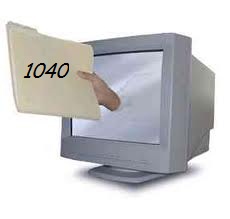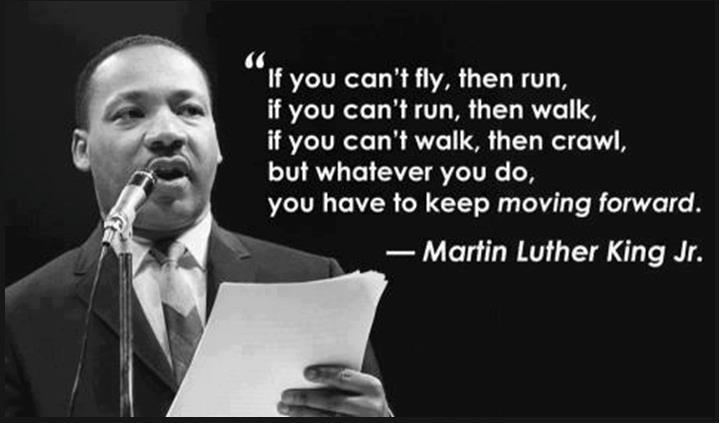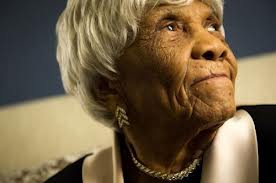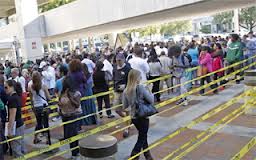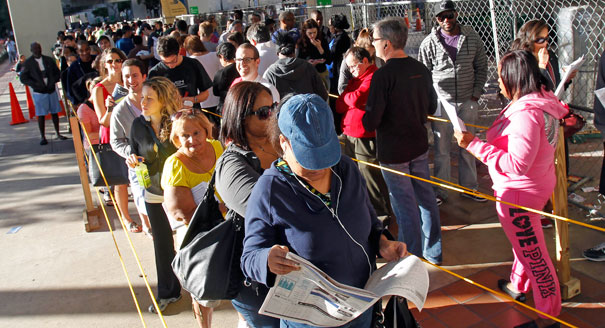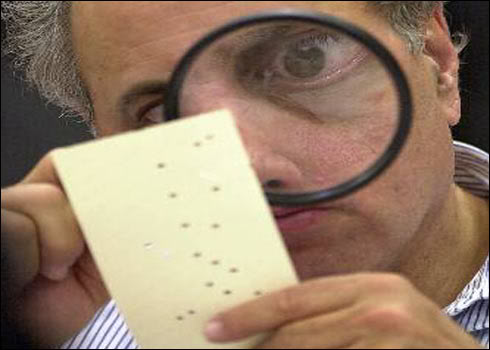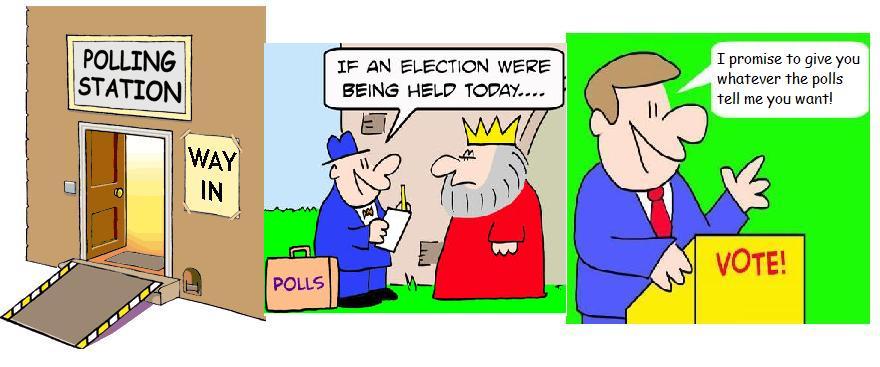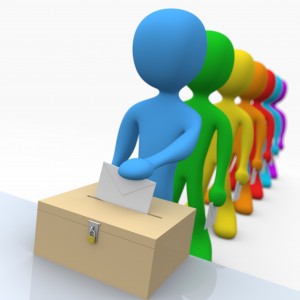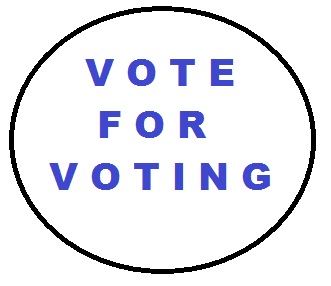
There are many promising ways that internet voting can help get money out of politics. They are worth discussing.
In an earlier post, “Follow The Money”, I discuss the hold the television attack ad has on our political system, and why I feel online voting can help change that through greater participation in the process by younger, working voters.
There are also other direct ways that voting on the internet can “get money out”.
Dr. William Kelleher, in his book “Internet Voting Now: Here’s How, Here’s Why – To Kiss Citizens United Goodbye” goes beyond proposing change through participation and offers fresh ideas for how to transform our Presidential Election process in a way that gets money out, with internet voting being integral to that goal.
In May of this year, Mr. Al Dahler wrote a great article focusing on Dr. Kelleher’s book and his proposals. I am delighted to repost that article here for my readers.
—————————————————–
Can Internet help counter ‘Big Money?’
Written by Al Dahler – Progressive Perspective
(Editorial Note: Mr. Dahler’s article was first published in The Newsleader of Staunton, Virginia. Direct links to that article are no longer available. I am happy to repost the article in its entirety for the public to read – Rob Weber)
May 30, 2012
—During the Republican primary campaign, what has been missing are serious rational, in-depth analyses about issues which affect people’s lives and our national well-being. How does one become a player in this absurd theater production?
Several players intimated having a “call,” attributing their egocentric ambitions to God. Others assiduously courted the “Big Money” people to boost their candidacy.
One cold January night, a few eccentric Iowa party faithful cheer the opening night. Then, the play hits the road, allowing a few privileged early audiences to pick the star. The majority of the population then has to accept the fait accompli.
It is not surprising that he who placed his faith in “Big Money” trounced those claiming to have a “call.” In real life, Mammon always triumphs. But, does it even matter who receives the Republican star billing?
According to Grover Norquist, all the party needs is a cipher, a stooge, an empty suit who has enough digits to sign off on legislation passed by a Republican Congress beholden to Grover.
The general election, too, is a misnamed drama. Voters do not elect. They simply sustain the choices of the Democratic “Big Money” people or the Republican “Big Money” people. Yet, the political parties and the media continue to spin the fantasy that this hokum is a democratic process.
Does technology, specifically the Internet, offer remedies to transform our nation’s misbegotten election hubbub into a rational and meaningful civic exercise, allowing people, not money, to make the vital choice of who will occupy our country’s most important political office? William J. Kelleher, professor of political science at the University of California, Santa Barbara, believes that the Internet has a real potential to revolutionize America’s presidential election process.
In his book, “Internet Voting Now! Here’s How, Here’s Why — So You Can Kiss Citizens United Goodbye!” he makes a rational and compelling argument of how Internet voting is highly feasible, offering the possibility of informed and thoughtful citizen participation.
Continue reading →

